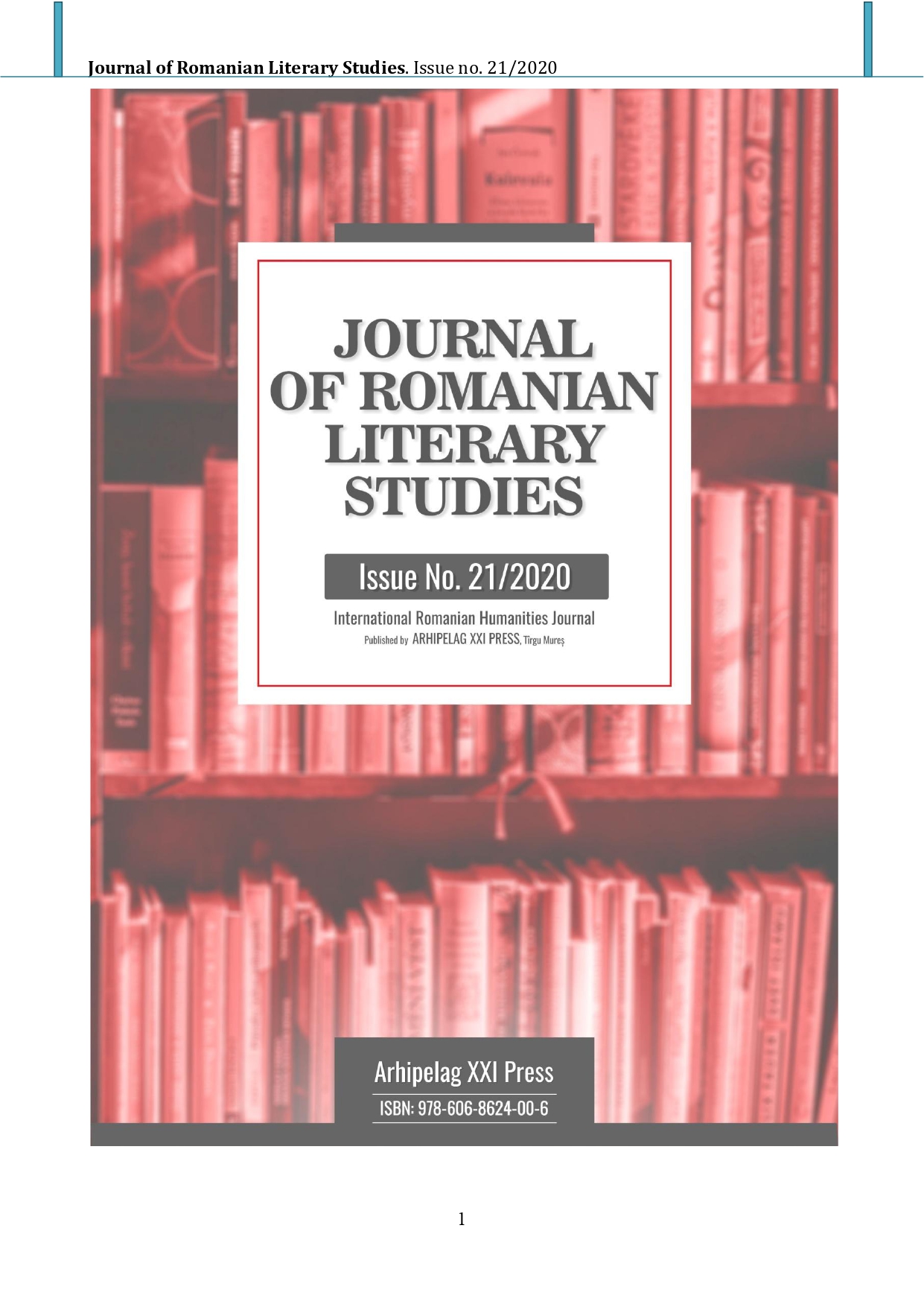COMMUNICATION OF MESSAGES THROUGH AN INTERNATIONAL RADIO STATION
COMMUNICATION OF MESSAGES THROUGH AN INTERNATIONAL RADIO STATION
Author(s): Eugen-Adrian CojocariuSubject(s): Media studies, Theory of Communication, Social Theory, Social Informatics
Published by: Editura Arhipelag XXI
Keywords: broadcaster; international radio; communication; public; messages;
Summary/Abstract: The paper analyzed how must communicate an international broadcaster with a very diverse audience, so that the messages are properly received. The main objective was to highlight how contribute to increase the quality of content transmitted to the public and the correct reception of the messages its own legislation, the audiovisual legislation, the journalistic norms, including self-regulation, the Romanian Academy's research on the correctness of the language use. Media must follow certain classic models and forms of communication, studied by academia. For international broadcasters, to comply with the laws and regulations in the audiovisual field, with the self-regulations is more difficult than in the case of domestic broadcasters, because they address a very different audience. The observation and the bibliographic research showed that writing and communicating through an international radio must be concise, comprehensible, and provide contextual elements that help a very different audience to receive and understand the information and messages transmitted. The audience is more and more diverse, the communication is more and more niched. The explosive development of online media has led to the emergence of new forms of interaction and social communication, and the audience is not passive, but active and selective. The challenge is even bigger for an international station, which addresses diverse audiences, who have to be convinced to return to its frequencies or to continue to consume its online offer. The study was focused on one external station, Radio Romania International, which limited the possibilities of observation. It would be necessary to extend the study to other international radio stations, including through the use of questionnaires and interviews, but also through content analysis.
Journal: Journal of Romanian Literary Studies
- Issue Year: 2020
- Issue No: 21
- Page Range: 561-572
- Page Count: 12
- Language: Romanian

